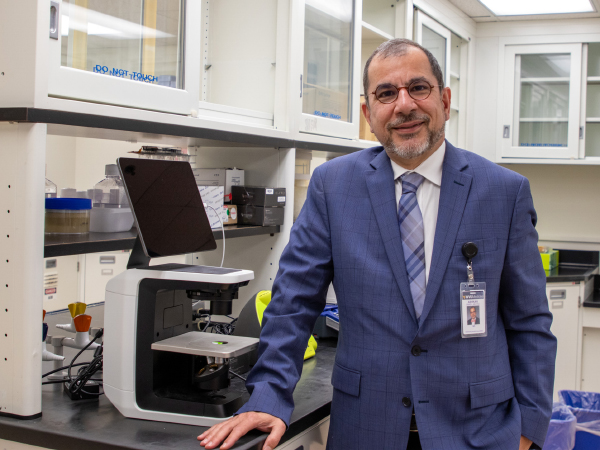A novel three-drug combination achieved notable responses in patients with advanced HER2-negative breast cancer, according to new research directed by investigators from the Johns Hopkins Kimmel Cancer Center.
To access this subscriber-only content please log in or subscribe.
If your institution has a site license, log in with IP-login or register for a sponsored account.*
*Not all site licenses are enrolled in sponsored accounts.
Login Subscribe
If your institution has a site license, log in with IP-login or register for a sponsored account.*
*Not all site licenses are enrolled in sponsored accounts.
Login Subscribe






